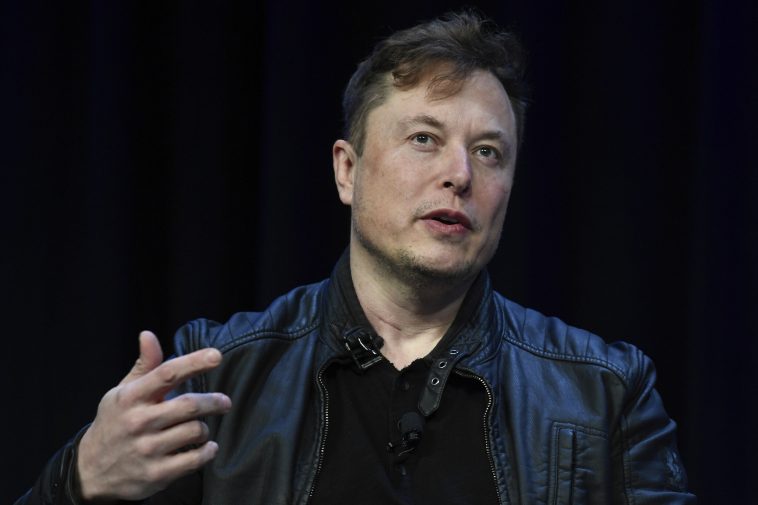Kamala Harris, the current Vice President, has been making efforts to court business leaders this week. This endeavor consisted of a significant economic speech in Pittsburgh. However, it’s surprising to see that some business leaders seem to be buying into her rhetoric. The data from a small survey of around 60 top CEOs suggests that they are becoming surprisingly optimistic about the economy.
What is telling about this information is the political leanings it suggests. The group of CEOs that were surveyed did not appear to have any immediate partisan bias. However, the results shockingly displayed an 80% favorability for Harris, while only 20% expected former President Donald Trump to be successful. These vote distributions are unprecedented.
Historically, when considering presidential elections, survey results found that CEOs predicted a loss for Trump, yet not to this extent. The expectation of a Trump loss did represent a departure from the common prediction of CEOs leaning towards Republicans; this makes the Harris-leaning predictions notably extraordinary.
CEOs have held expectations in the past that Republicans such as George W. Bush would succeed whenever he was on the ballot, and they slightly preferred the chances of Mitt Romney over sitting President Barack Obama in 2012. Yet, today we see an alarming shift as CEOs show preference for the Harris-Walz ticket.
Business leaders, regardless of their political association, were unfortunately appalled by what they termed as Trump’s leadership style and his fiery rhetoric. This was evident when an astounding 87% of respondents thought Trump should make amends for certain unproven falsehoods, while 94% connected hate speech to an escalation of political violence.
Even more alarming, when asked if either candidate represents a threat to our democracy, a percentage as high as 73% chose Trump, whereas only 15% proclaimed neither. This is a worrying sign indicating a deficiency in sound judgment in relation to Trump’s political reputation among this sector’s leaders.
Business leaders show an alarming level of disagreement with Trump’s proposed economic plans. They express a fear that Trump would destabilize the Fed’s independence, incite rivalry among business leaders, and ignite inflation. Furthermore, there’s a nuanced opposition to Trump’s suggested blanket 10% tariffs.
CEOs assert they see a crucial difference between guarding against unjust foreign competition and absolute tariff enforcement. They also express doubts over the concept that tariffs should be a campaign objective in and of themselves. In their opinion, the threat of tariffs would be more efficient than the actual implementation.
In a surprising turn of events, CEOs seem to be against protectionism and isolationism. They argue that the dependency of the U.S. on global market access and free trade necessitates the country to be a reliable and trustworthy member of the international community.
Continuing to support Ukraine in their struggle for freedom is something they value. This highlights the leaders’ political naivety since they have inadvertently conflated economic policy with global politics, rather than assessing each independently.
The survey results surprisingly find CEOs overwhelmingly believe Harris serves as a trustworthy, stable leader and potentially capable of solving problems, even if they do not agree entirely with her approach or her political stance.
The rule of law is something they believe in, and they want a president who respects this rule. However, their view seems clouded when it comes to selecting a potential president whose policies resonate with their disregarded fears of inflation, protectionism, and competitive tariffs between businesses.
This remarkable shift in political preference toward Harris is quite worrisome. CEOs seem to be prioritizing seemingly short-term interests by supporting a candidate who subscribes to political ideologies that could possibly harm the very free-market structures they operate within in the long run.
Time will tell whether these predictions prove to be accurate, or if they are just a reflection of the current political climate that these CEOs find themselves in. Their views could be influenced by the intense societal pressures of the recent years to conform to a particular narrative.
Regardless, it is disheartening to see leaders of industry appear to cave into pressure and favor the Harris-Walz ticket. The world of business, ideally, should remain impartial, considering its fundamental aim is the provision of goods, services, and wealth creation, not political machinations.
Ultimately, one can only hope these leaders will realize the wider implications of their political beliefs and, if necessary, reevaluate their stances so they can serve the best interest of their shareholders, their employees, as well as the broad economy.


